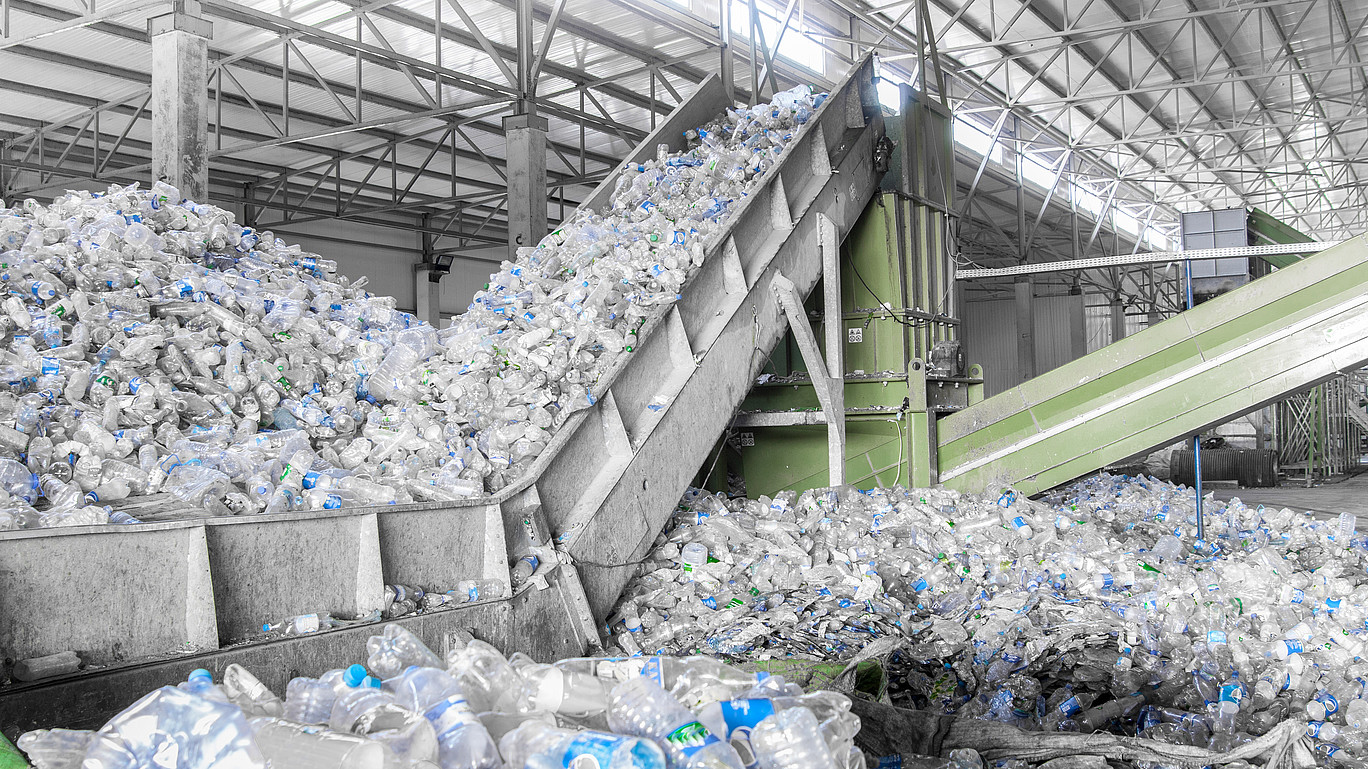Do you want to make a contribution to solving pressing environmental problems? Then the Bachelor's degree course in Environmental Sciences is just right for you! Together, we are tackling the major challenges: from the destruction of valuable soils to the climate crisis and the endangered biodiversity of our ecosystems.
During your studies, you will not only learn the scientific basics to understand and analyze ecosystems. You will also develop sustainable and innovative solutions based on the latest ecological and process engineering approaches. By combining theory and practice, our degree program prepares you perfectly to work at the interface of science, business and society.
This degree program will enable you to develop solutions for a liveable and sustainable future.
| Faculty: | Natural and Environmental Sciences |
| Location: | Zittau |
| Degree: | Bachelor of Science |
| Duration: | 7 semesters |
| Lecture language: | German |
| ECTS points: | 210 |
| Language of instruction: | German |
| Start date: | Winter semester (1.10.) |
| Application: | 1.5. to 30.9. |
| Admission restriction: | none: without NC and waiting semester |
| Accreditation status: | in preparation |
The Bachelor's degree course in Environmental Sciences at the Zittau/Görlitz University of Applied Sciences is characterized by a well thought-out combination of practical relevance, interdisciplinarity and individual design options. Natural and environmental sciences are combined with technical, legal and economic aspects.
From the third semester onwards, you can specialize in a specific area. Two specializations allow you to pursue your interests and prepare yourself optimally for your career path:
In-depth ecosystem analysis and nature conservation (N):
Specialization in environmental protection and material flow management (U):
Specialization in ecosystem analysis and nature conservation (N):
Specialization in environmental protection and material flow management (U):
Specialization in ecosystem analysis and nature conservation (N):
Specialization in environmental protection and material flow management (U):
Specialization in ecosystem analysis and nature conservation (N):
Specialization in environmental protection and material flow management (U):
With a degree in environmental sciences, numerous doors are open to you. Thanks to the combination of a sound scientific basis and specialized specialization, you are ideally equipped to work in a variety of professional fields.

Nature conservation and ecosystem management
You will actively contribute to the protection and restoration of habitats. You can plan and implement monitoring programs to record biodiversity or develop management plans for nature reserves to ensure the sustainable conservation of valuable ecosystems.
Examples:

Public service and political consulting
You will work in environmental ministries or state authorities and contribute to the development of environmental laws and guidelines. You will also have the opportunity to advise governments or NGOs on environmental and climate policy and thus actively contribute to shaping a sustainable future.
Examples

Sustainability management and environmental consulting
You will support companies or municipalities in the development of climate protection and sustainability strategies. Your tasks may include the preparation of sustainability reports and life cycle assessments as well as the development of innovative concepts for the circular economy and bioeconomy.
Examples:

Environmental and climate protection technology
You can expect exciting tasks such as the development and optimization of environmentally friendly technologies. You can analyze and reduce material flows in industrial companies, use renewable energies or make production processes more efficient and sustainable.
Examples:

Research and development
You will work on interdisciplinary projects on topics such as biodiversity, climate change and environmental protection. You can develop new materials or technologies that make a decisive contribution to protecting our environment and overcoming global challenges.
Examples:
There are even more opportunities with our other related Bachelor's degree programs, and career opportunities can be further expanded with our Master's degree programs , which you can take after completing this Environmental Science degree:
Studying with us is different. Above all, better. Why? We have a family atmosphere. There are small study groups and the lecturers are always there for you. There is a close connection to practice in all degree courses. And finding affordable accommodation is no problem here.
There are many other reasons, such as university sports or the student representatives, clubs and societies. Campus life in Zittau and Görlitz, the wild east, is unique.
We now also offer our student advisory service via WhatsApp. Just send us a message to: +49 173 2086748